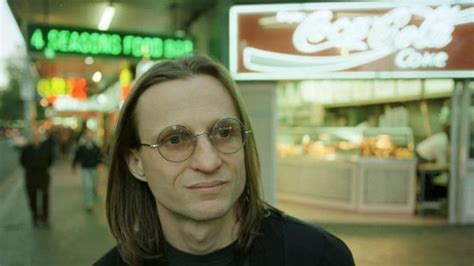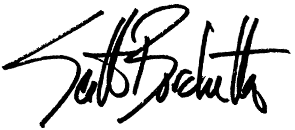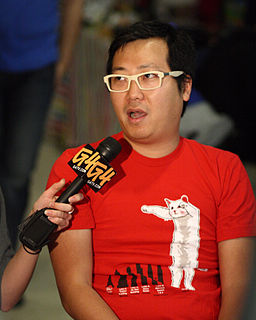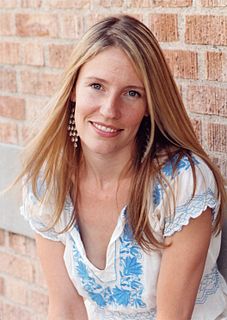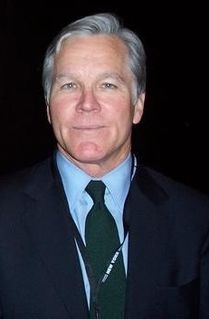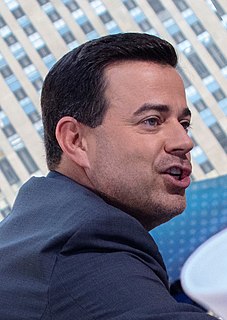A Quote by Marshall McLuhan
The student of media soon comes to expect the New Media of any period whatever to be classed as 'pseudo' by those who acquired the patterns of earlier media, whatever they may happen to be.
Related Quotes
I would describe myself as a writer and a student of media. If there's a central idea in media theory, it's to take media as form. It might grow out of philosophical aesthetics or the study of literature and visual art, but the various strands of media theory converge in treating all of those as subsets of the study of media as form.
I have learned one thing, because I get treated very unfairly, that's what I call it, the fake media. And the fake media is not all of the media. You know some tried to say that the fake media was all the media, no. Sometimes they're fake, but the fake media is only some of the media. It bears no relationship to the truth.
One of the problems with any kind of talking about the media landscape is that we've just been through an unusually stable period in which, for fifty years, English language media was centered in three cities - London, New York, and Los Angeles - around a very stable group of people working in a relatively stable set of media.
I'm naturally shy, so the social media thing is new to me. I haven't really figured out how my voice sounds on social media, you know? I don't want to tweet everyday just for the sake of tweeting. I want to make sure whatever I do there is honest. Social media can very quickly get fake, and I don't want to be that guy.
I've talked about how the future of journalism will be a hybrid future where traditional media players embrace the ways of new media (including transparency, interactivity, and immediacy) and new media companies adopt the best practices of old media (including fairness, accuracy, and high-impact investigative journalism).
My definition of media? 'Anything which owns attention.' This could be a game or, perhaps, a platform. Ironically, the media tends to associate media with publishing - digital or otherwise - which, in turn, is too narrow a way to consider not only the media but also the reality of the competitive landscape and media-focused innovation.
Thinking about free speech brought me to media regulation, as Americans access so much of their political and cultural speech through mass media. That led me to work on the FCC's media ownership rules beginning in 2005 to fight media consolidation, working with those at Georgetown's IPR, Media Access Project, Free Press, and others.
Communication is paramount, and what medium or what format you utilize should be a non-issue. In some respects, that has created a barrier for new media, especially web new media, because often times maybe the media itself comes before the concept, before the ideas, and ends up navigating or dictating the outcome.

